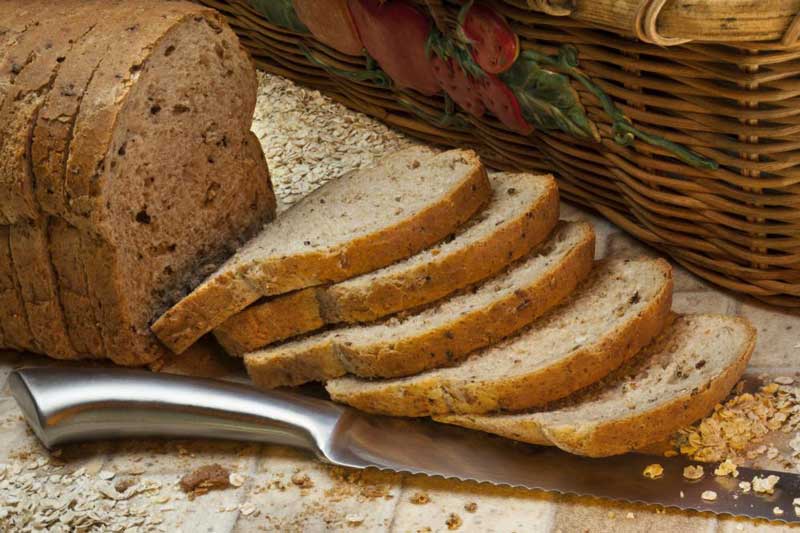4 Dietary Recommendations for Older Adults
One of the most important factors for a healthy lifestyle is keeping up with your body’s dietary requirements. Our nutritional needs change as we age, and what may have been a good enough snack at 20 may have detrimental consequences at 50. This is why it’s even more important for older adults to be very careful about what they eat, and maintain the intake of the right nutrients.
Calcium
Calcium is essential for bone health, and older individuals need it even more intensively to prevent fractures and dislocated joints. As we age, our bones and joints become more fragile and are prone to breakage even after slight movements. Hence, having a calcium-rich diet is imperative to keep the bone tissue nourished and strengthened.
This can be done by incorporating dark green and leafy vegetables, fruit juices, fortified cereals, canned fish, and milk in your meals. Additionally, calcium supplements can also be taken each day.
Vitamin B12
Aging also reduces the body’s vitamin B12 absorption ability. This is why older adults often end up not getting sufficient amounts of B12 that’s typically bound to proteins in different types of foods.
It’s recommended that individuals over the age of 50 incorporate B12 fortified foods regularly to meet the vitamin B12 requirements. Including lean meat, seafood, and fortified cereals in your meals a few times a week is a great way to do this.
Fiber
Fiber has an important role in keeping the digestive tract functioning smoothly. It helps prevent constipation and other bowel system issues by promoting regularity and enabling peristalsis to occur frequently.

In older individuals, digestive complications are more common, often triggered by the effects of medication. Fiber is needed to prevent these ailments, and also reduce the risk of heart disease and type 2 diabetes. Cereals, beans, and whole-grain breads are an excellent way to maintain fiber intake.
Potassium
Potassium not only counters the negative effects of sodium, but also enables individuals to perform physically well. Potassium-rich foods, when taken in moderation, can help your heart health and lower the risks of hyperventilation.
Older individuals should incorporate vegetables such as potatoes, turnips, spinach, kale, beans, and beet in their diet. Fruits such as cantaloupes, avocados, and squash should also be included.
At AvantGarde Senior Living & Memory Care, we take special care of the dietary needs of your senior loved ones. Our independent living and assisted living services for older adults are geared to provide a safe and comfortable environment for them, with particular regard for their dietary requirements and restrictions.
Call us at (818) 881-0055 to get in touch with our team in Calabasas!

